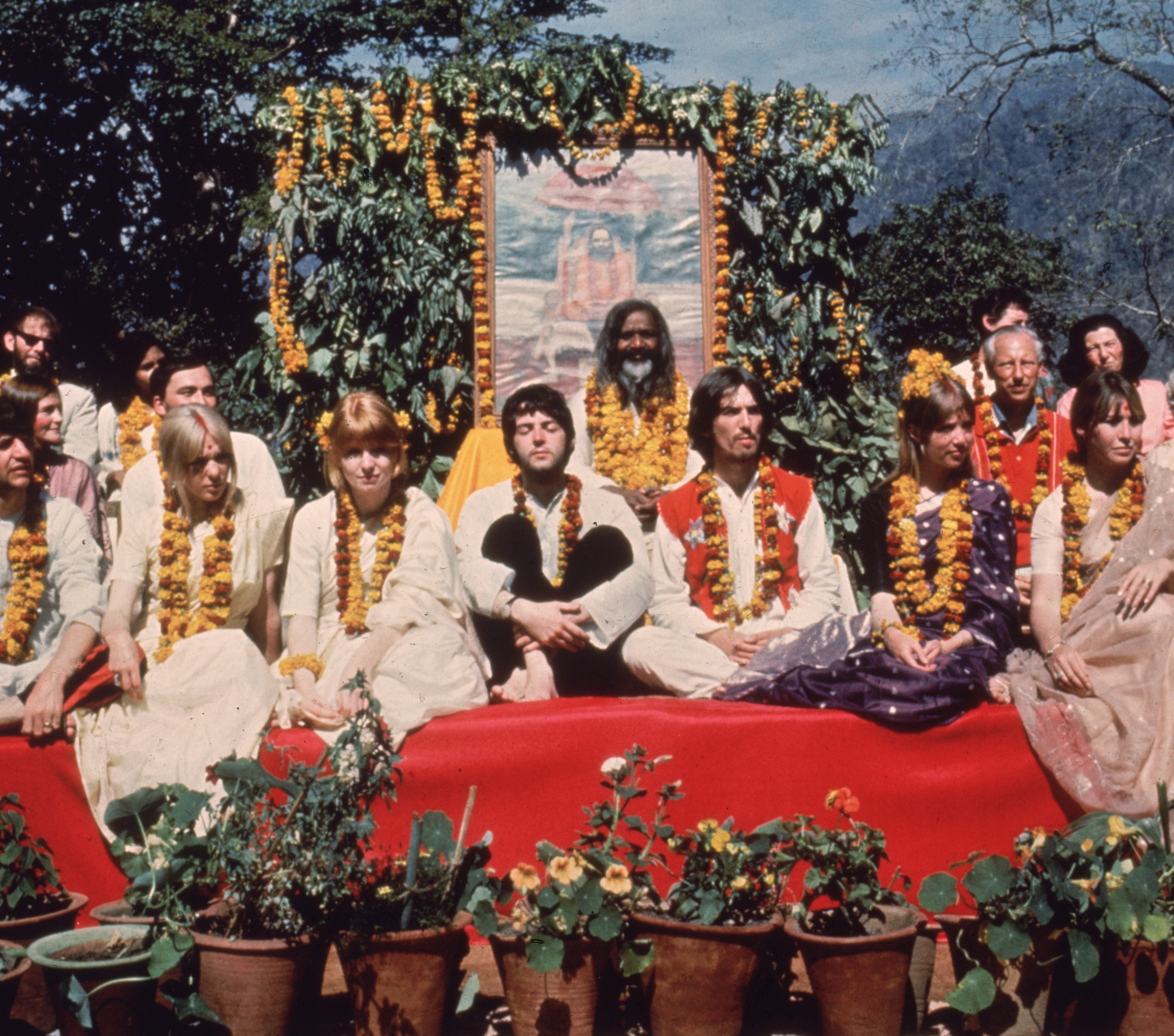
Why The Beatles’ ‘Love You To’ Is Their Most Underrated Song
TL;DR:
- The Beatles’ “Love You To” incorporates George Harrison’s “cheap sitar” and it sounds amazing.
- The song combines Eastern sounds with an embrace of earthly pleasures.
- It’s a masterpiece that’s been overshadowed by “Tomorrow Never Knows.”

The Beatles‘ “Love You To” is not one of their most famous songs. Despite this, it deserves a lot more attention. The song shows off George Harrison’s genius as a songwriter in a way that’s novel for a Western pop song.
George Harrison revel how a trip to a store called Indian Craft changed The Beatles’ songs
The book George Harrison on George Harrison: Interviews and Encounters features an interview from 1992. In it, George discussed how “Norwegian Wood (This Bird Has Flown)” paved the way for “Love You To.” “First of all, there was ‘Norwegian Wood (This Bird Has Flown),’ because I’d gone out and bought [a sitar],” he said. “This was before I’d met Ravi [Shankar]. They used to have these shops in London called Indian Craft, and you could go and buy all these little carved bits of ivory and little carpets and brass work of all kinds of craftwork from India.”
Indian Craft put George on a new musical path. “They had a sitar in the shop — it was just a kind of cheap sitar but, anyway, I bought it — and I had it at that session, for what must have been Rubber Soul,” he said. “And I just played it on ‘Norwegian Wood’; it kind of fit onto that song.”
George said he used a sitar on “Love You To” as well. “And then I wrote a song for the next album, Revolver, called ‘Love You To,'” he said. “And that was one which I actually wrote on the sitar. It’s mainly just sitar and tabla, but it does have guitars on it as well.”
The Beatles’ ‘Love You To’ is inspired by Eastern music but rejects asceticism
“Love You To” is one of George’s great experimentation with Indian classical music. It retains all the spirituality of traditional Eastern music but it differs from some Eastern philosophies. Some dharmic traditions emphasize the idea that earthly pleasure is bad or at least irrelevant to Enlightenment. On the other hand, “Love You To” has a much more carnal message: carpe diem.
While some people find spiritual release through asceticism, George encourages listeners to indulge in pleasures because life is short. The song even goes so far as to encourage lovemaking as a spiritual practice. The sitar backing only gives George’s lyrics more gravitas.
‘Love You To’ is overshadowed by ‘Tomorrow Never Knows’
“Love You To” is often overshadowed by “Tomorrow Never Knows,” another India-inspired from Revolver. But while “Tomorrow Never Knows” is about letting go, “Love You To” is about holding onto life’s pleasures. Whether you identify with its philosophy or not, “Love You To” shows The Beatles were willing to push boundaries spiritually and musically. Despite this, the song never charted on the Billboard Hot 100.
“Love You To” is one of The Beatles’ great experiments. Sadly, it’s forgotten.


